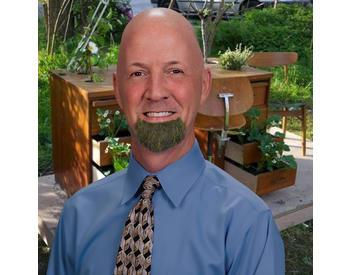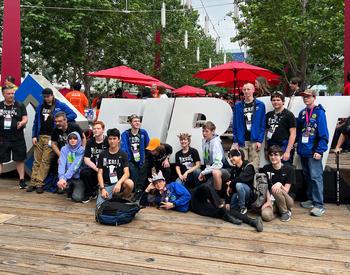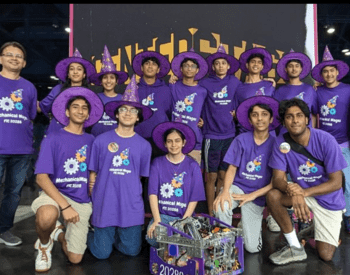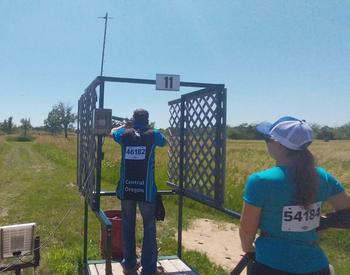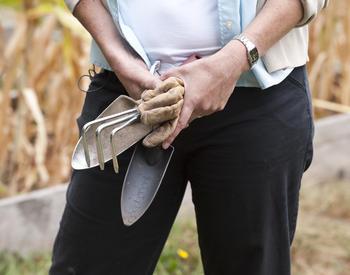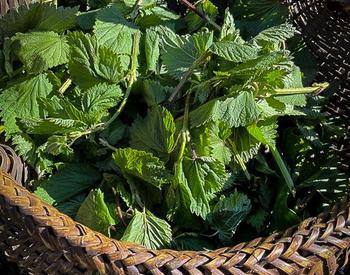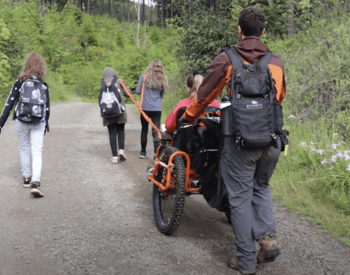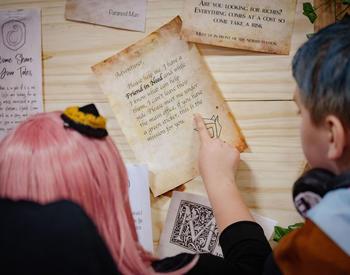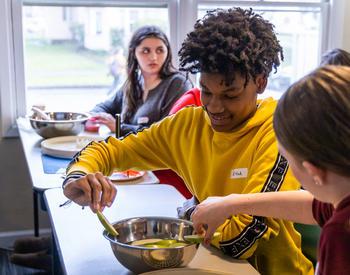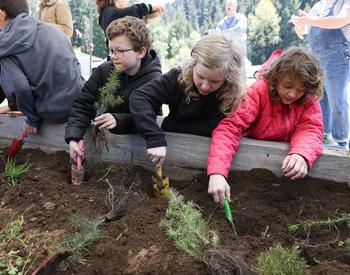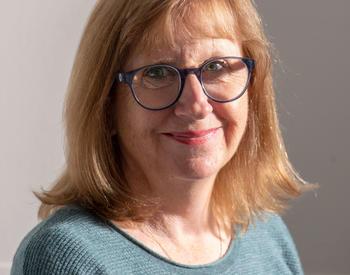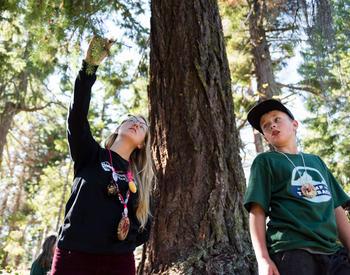CORVALLIS, Ore. – In the age of COVID-19, middle- and high-school students in Oregon and Washington will be able to explore agriculture through immersive experiences, including virtual reality, and online activities that they will help create thanks to a $1 million grant from the U.S. Department of Agriculture.
Oregon State University’s Precollege Programs and the SMILE Program are partnering with the OSU Extension Service 4-H Youth Development Program to lead the effort to implement an innovative Agriculture Distance Education Toolkit. The project is one of eight nationwide that was funded through a rapid response grant program for innovative proposals addressing educational needs of students during the COVID-19 global pandemic.
Virtual reality is a computer-generated simulation of an interactive, 3-D environment. VR experiences typically require the use of headsets, hand-held controllers and other electronic equipment that allow a person to interact with the simulation. For this aspect of the project, OSU will partner with Timelooper, a company that creates VR field trips to natural and historic sites for educational institutions. Those experiences will then be accessible through apps and VR kits.
The apps and kits will be distributed through the project partners’ networks and platforms and result in rapid, accessible, immersive and innovative distance agriculture education for an estimated 20,000 students, 100 educators, and 250 trained volunteers from rural and underserved communities in Oregon and Washington.
The goals are to develop agricultural literacy among youth, increase access for youth, educators and 4-H volunteers to immersive agriculture curriculum through virtual reality platforms, and build capacity for future regional efforts.
“The current COVID-19 crisis is promoting rapid institutional and cultural transformations and threatening educational systems with tremendous uncertainty while stretching barriers to inclusive and equitable education for all,” said Susan Rowe, project director and the research, grants and engagement manager for Precollege Programs and the SMILE Program.
“This ambitious project is a long-term commitment to using 21st century communication tools and state-of-the art technology for education while celebrating their voices of youth as leaders,” Rowe said.
Also partnering on the project are Washington State University Extension 4-H, the Oregon Agriculture in the Classroom Foundation and the Washington Agriculture Education in the Classroom Foundation.
The toolkit will feature:
- Virtual reality field experiences in agricultural sites with a “farm-to-table” approach.
- Related online curricular activities co-created by youth for their peers.
- Virtual professional development for educators to implement project activities in their classrooms and after-school clubs.
- Preparation for high school students to participate in the Extension 4-H Teens as Teachers program.
- Curated distance agriculture education resources.
- Virtual activities including teen agricultural science cafes and “near-peer” agricultural mentorship sessions through OSU Beaver Hangouts.
- A virtual agricultural challenge through virtual interactive labs that will serve as a capstone event.
Maureen Hosty, professor and Extension 4-H youth faculty and project co-director on the grant with Rowe, is working with teens in the Portland metro area who will help develop the app and other aspects of the toolkit.
“All of these teens are immigrants, children of migrant farm workers, and just about every one of them speaks a second language,” Hosty said. “They’re not typically involved with 4-H. Having them be the co-creators in this process is exciting.”
Project team members Kristen Moore, assistant professor of practice and Extension 4-H faculty, and Barbara Brody, associate professor of practice and Extension 4-H faculty, agreed that the key piece of the project is the students’ ability to be part of the process.
“It’s not just making an app,” said Moore, based in Washington County. “We’re making an app with kids. They get the cool, creative experience of creating a 3-D immersive experience.”
Brody, in Malheur County on the far eastern side of Oregon, said that workforce readiness is important for kids in remote, rural areas.
“The kids that I serve don’t usually have opportunities such as this,” she said.
This work is supported by the Agriculture and Food Research Initiative, Education and Workforce Development Program [grant no. 2021-67037-33379/project accession no. 1024985], from the U.S. Department of Agriculture, National Institute of Food and Agriculture.





